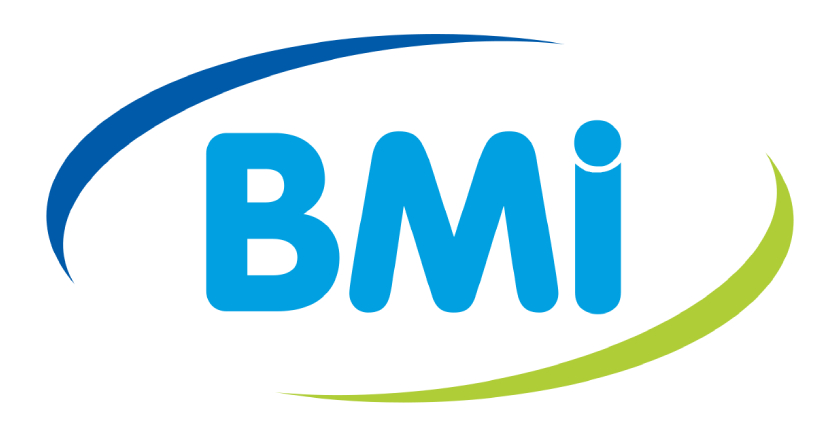BMI increased raw material intake in 2020 by 2.4% to over 3bn kg. Of this, 900m kg was milk and the rest was whey. The organic share was 10.5% for milk and 21.4% for whey. In total, organic milk and whey accounted for 18.5% of BMI’s total raw material purchases.
The company’s total turnover increased by 1.8% to €669m last year. Fresh products contributed €193m (- 3%), cheese made €236m (+ 4.9%) in turnover and dry products came to €211m (- 1.9%). Winfried Meier, deputy CEO of BMI, attributes these developments to the shifts in the market as a result of the lockdowns. 49.2% of the business was realised in exports, of which €260.6m came from the EU and 66.7% from third countries (+ 4.6%).
On the sales side, the fresh products business declined by 4.1% to 141.7m kg, sales of ingredients fell by 1% to 111.7m kg, while cheese sales grew by 5.7% to 68.9m kg. Here, too, the Corona effects were felt accordingly. The raw material released in the other processing directions was absorbed by the BMI cheese factories, with Jessen overcoming the start-up problems. The site was equipped with two more ripening lines and optimised robotics.
In total, BMI has invested an amount of € 19.8m in 2020 (20% above depreciation). BMI indicates the milk price for 2020 at 34.77c, for organic milk 47.83c was paid. There is still no clarity regarding the terminations of farmers with together 140m kg of milk. Terminations in the volume of 25m kg have been withdrawn, the majority of farmers are still undecided. In any case, the raw material plan volume will be reached in 2022, also because, among others, a supplier association from the Heilbronn area has joined BMI with about 60m kg.
In its new Strategy 2025, BMI wants to expand its position as a regional heavyweight and national specialist in fresh products. In cheese, profitability is to be increased through innovation and cooperation with long-standing partners. In ingredients, BMI wants to put products in every baby bottle worldwide. Markets in Oceania are becoming particularly interesting now that China is showing a declining birth rate. In cheese, Eastern Europe remains a key region. Japan and Europe, especially France, are also important export markets for BMI.



